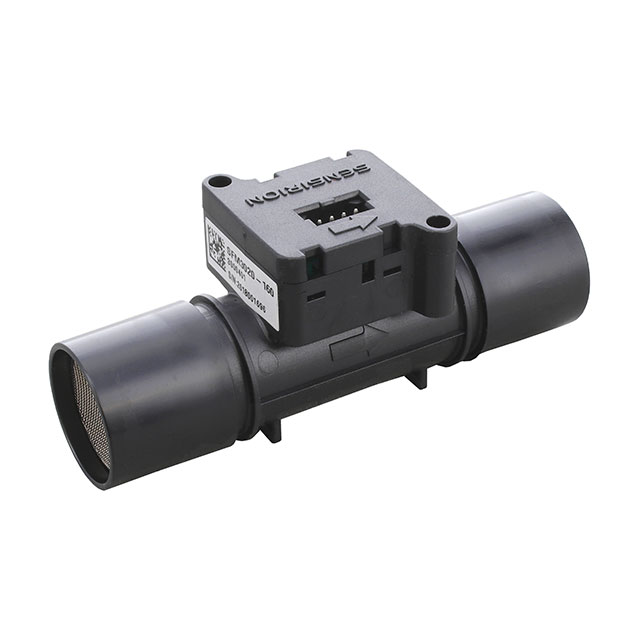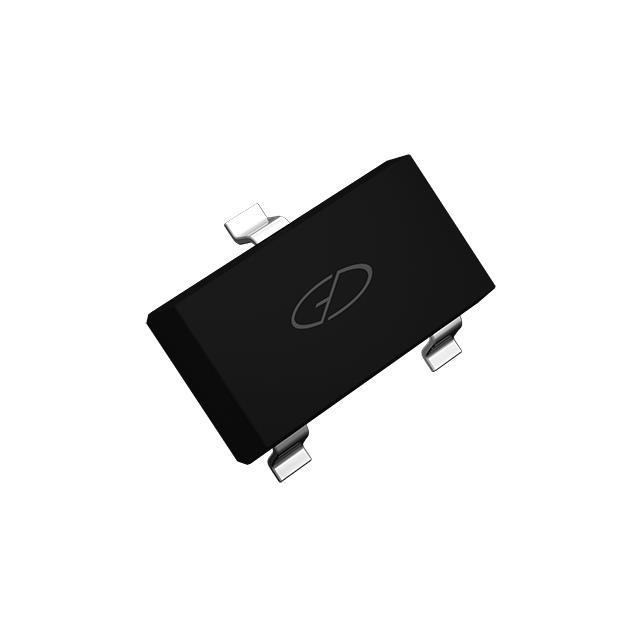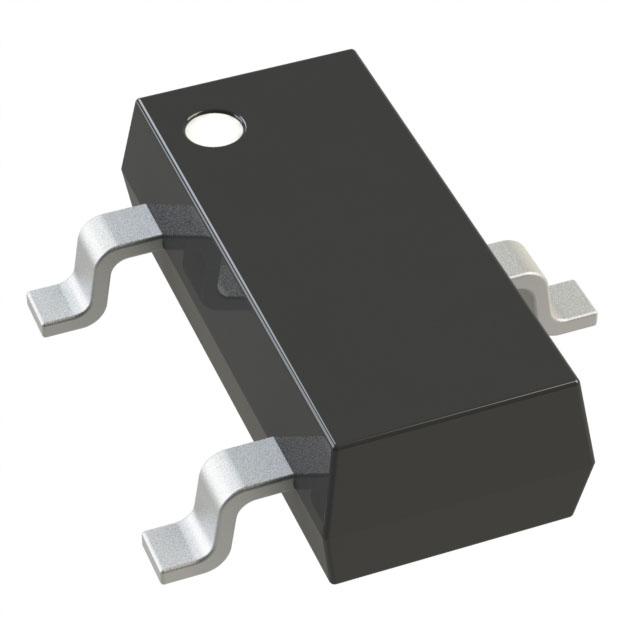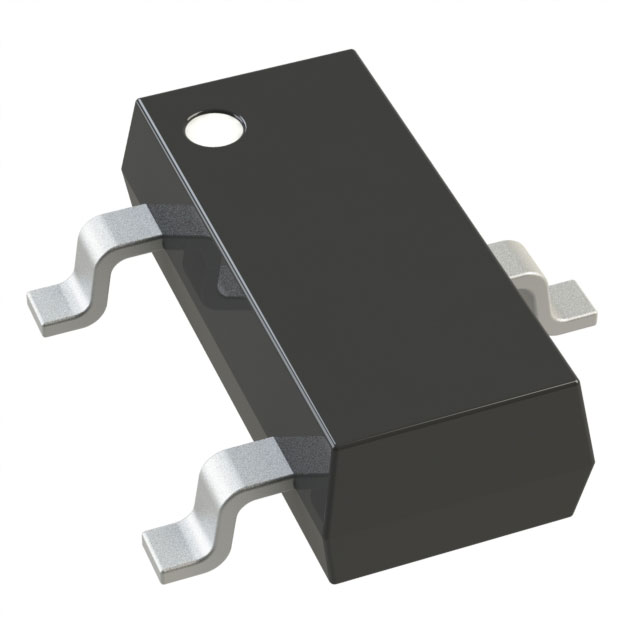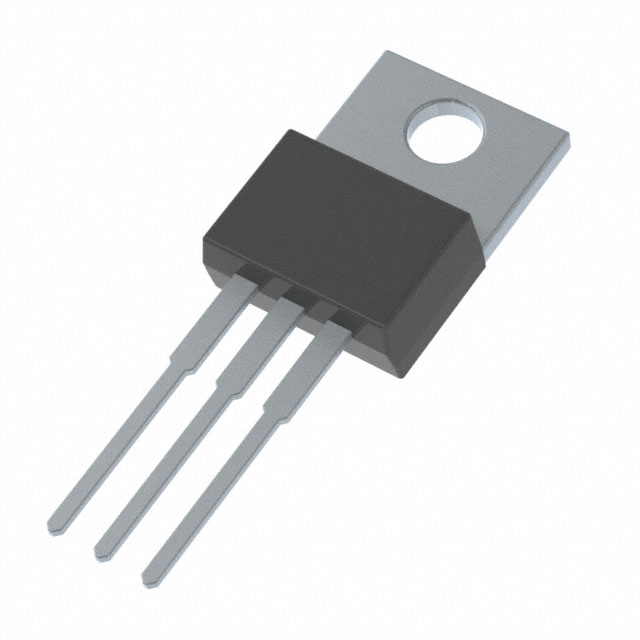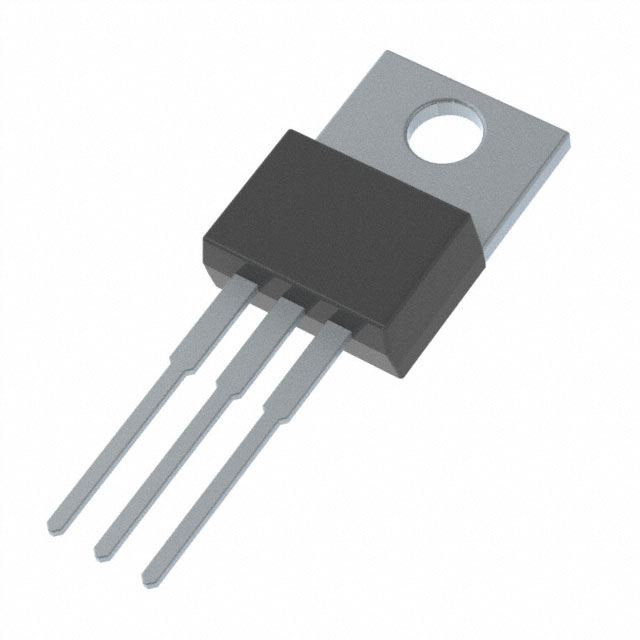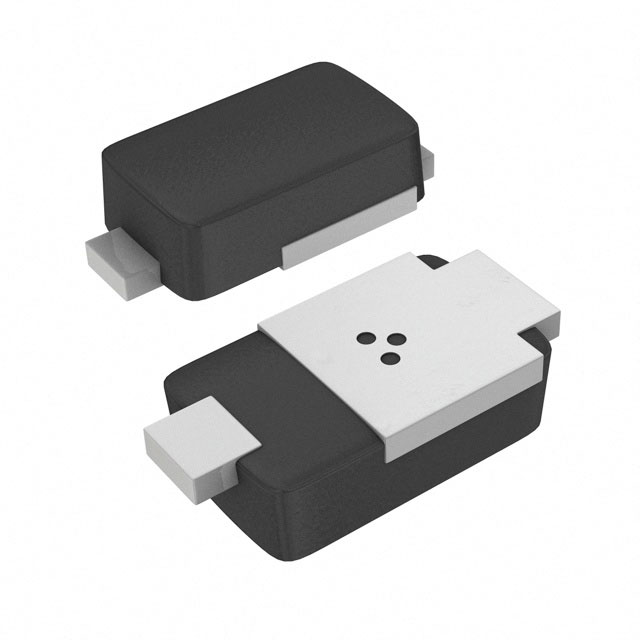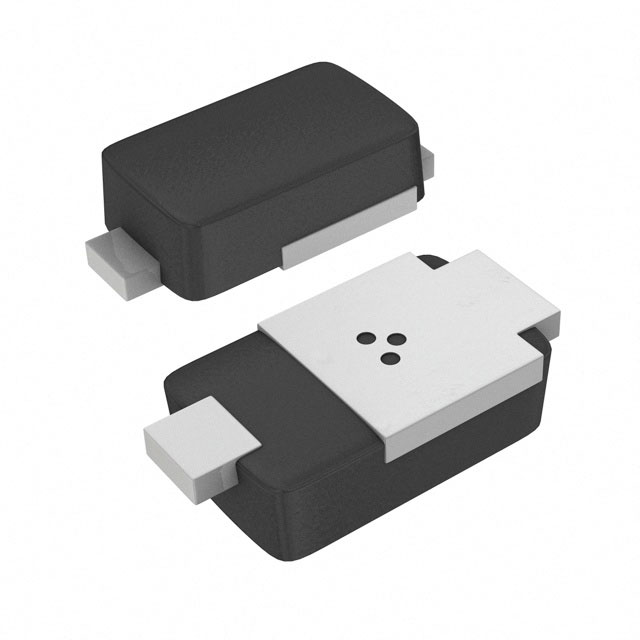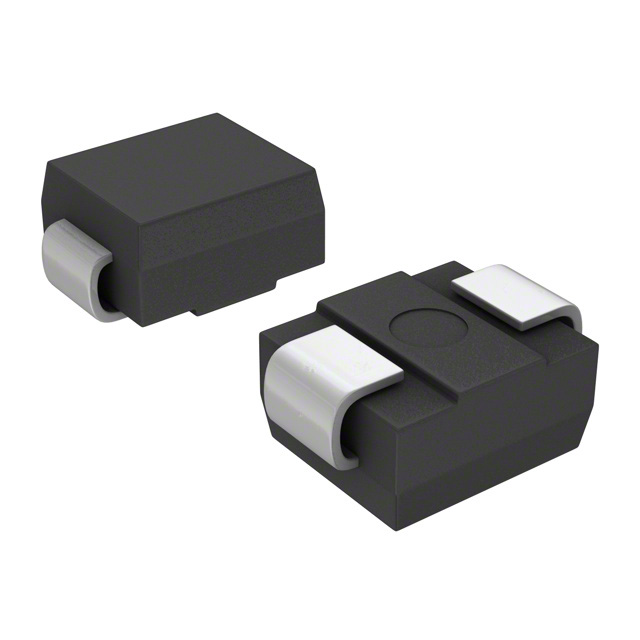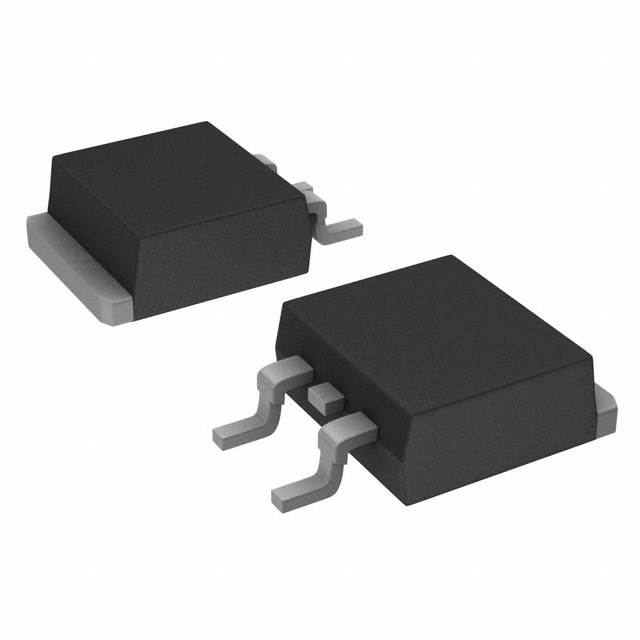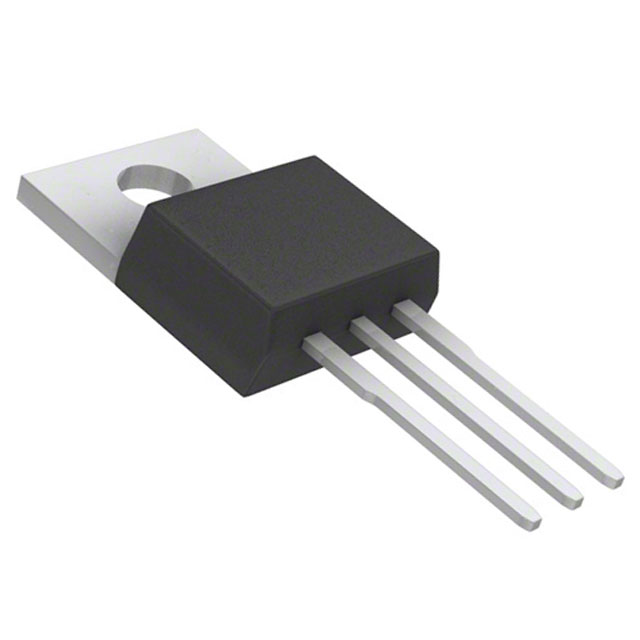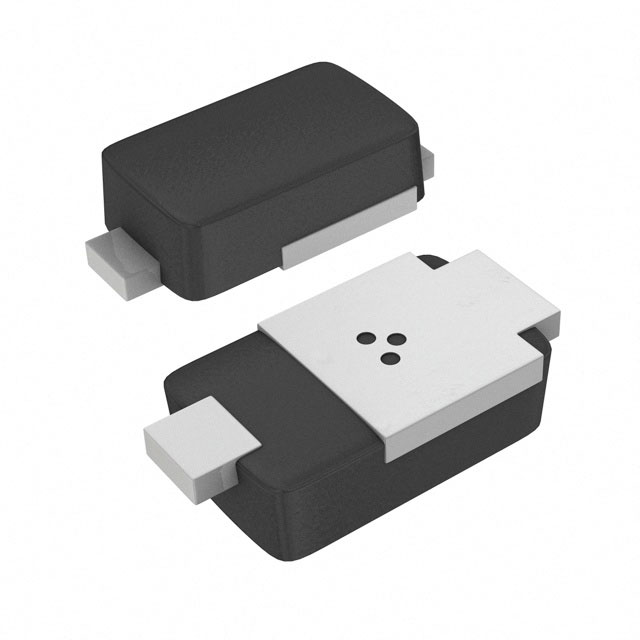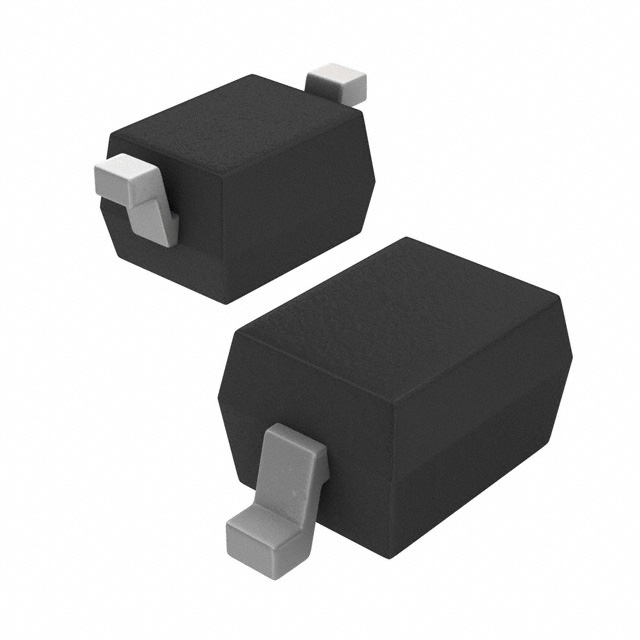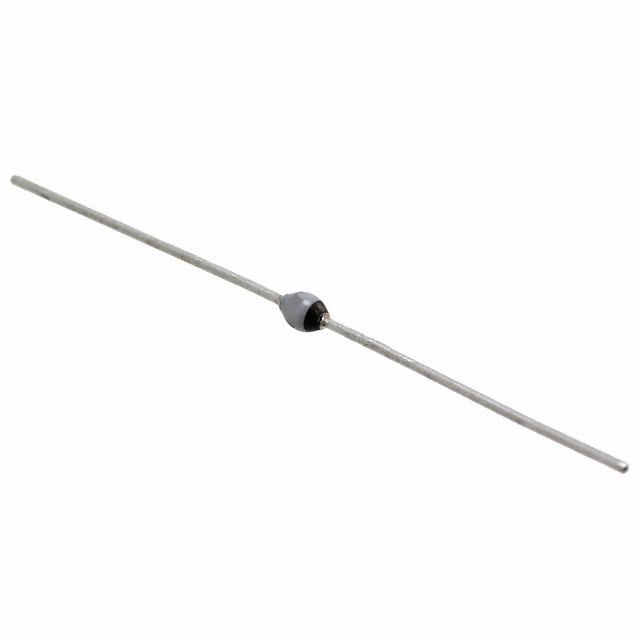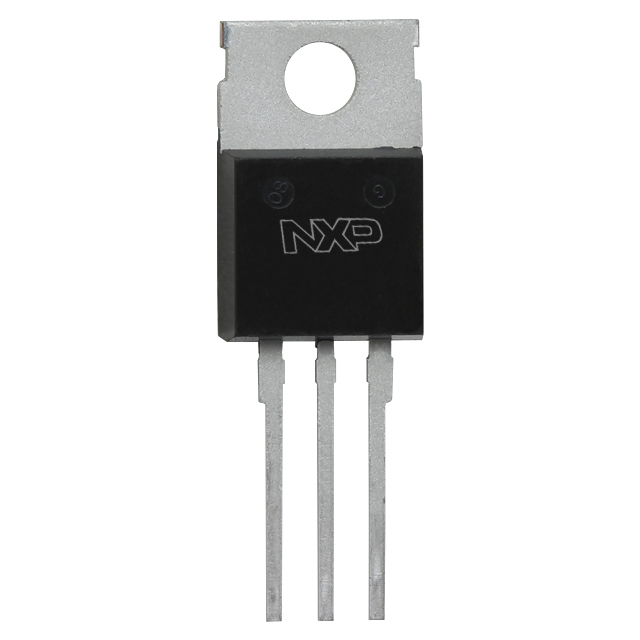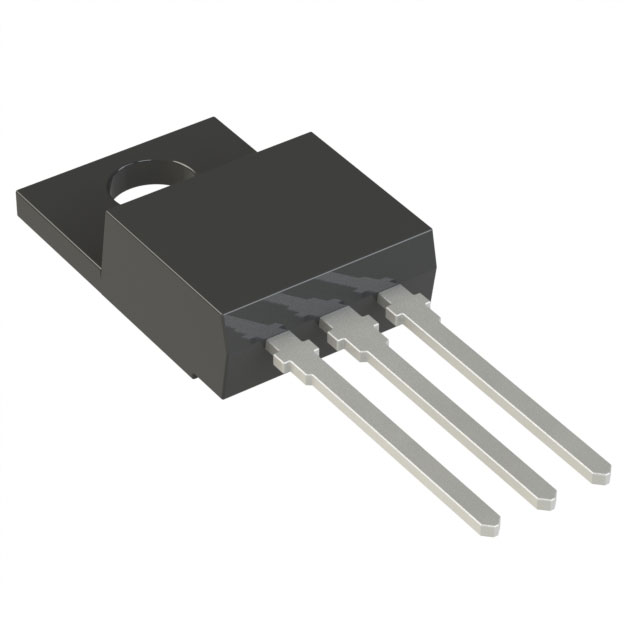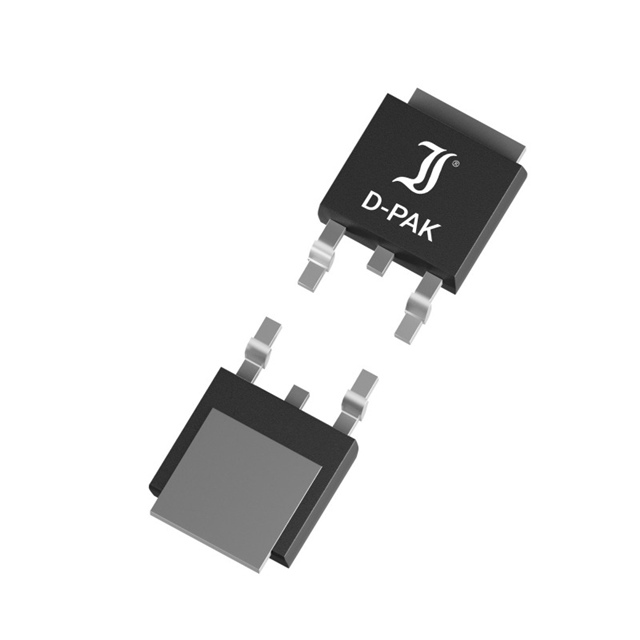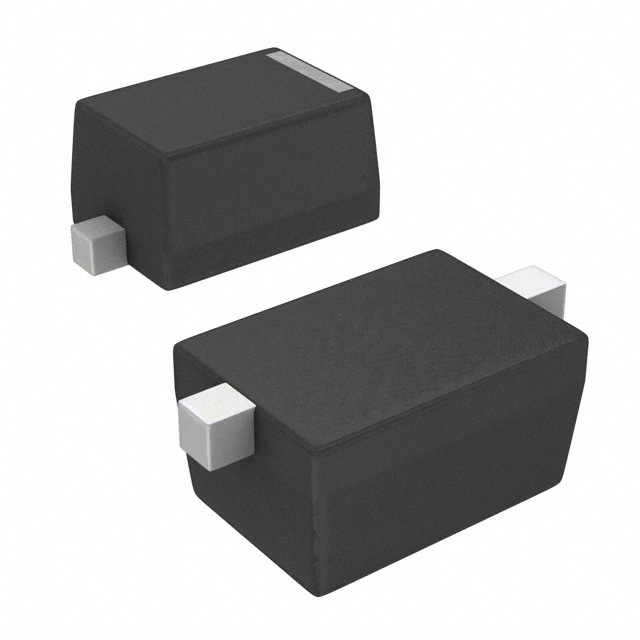Home > Sensors > Magnetic Sensors > Page 3
Magnetic Sensors
Result: 115
FMMT593TC
- Diodes Incorporated
- Bipolar Transistors - BJT
- New original
- Data sheet: FMMT593TC DataSheet
Quote:
FMMT493TA
- Diodes Incorporated
- Bipolar Transistors - BJT
- New original
- Data sheet: FMMT493TA DataSheet
Quote:
TIP42C-BP
- Micro Commercial Components
- Bipolar Transistors - BJT
- New original
- Data sheet: TIP42C-BP DataSheet
Quote:
TIP41C-BP
- Micro Commercial Components
- Bipolar Transistors - BJT
- New original
- Data sheet: TIP41C-BP DataSheet
Quote:
SS3P6-M3/84A
- Vishay General Semiconductor
- Schottky Diodes & Rectifiers
- New original
- Data sheet: SS3P6-M3-84A Datasheet
Quote:
SS2PH10-M3/84A
- Vishay General Semiconductor
- HK/Shen Zhen
- New original
- Data sheet: SS2PH10-M3-84A Datasheet
Quote:
SS26-E3/52T
- Vishay General Semiconductor
- Schottky Rectifier
- New original
- Data sheet: SS26-E3-52T Datasheet
Quote:
ESH2PDHM3/84A
- Vishay General Semiconductor
- Rectifiers
- New original
- Data sheet: ESH2PDHM3/84A Datasheet
Quote:
BZX384C20-E3-08
- Vishay General Semiconductor
- Zener Diodes
- New original
- Data sheet: BZX384C20-E3-08 Datasheet
Quote:
BYV26E-TAP
- Vishay General Semiconductor - Diodes Division
- Rectifiers
- New original
- Data sheet: BYV26E-TAP Datasheet
Quote:
BYV34-400,127
- WeEn Semiconductors
- Rectifier Diode
- New original
- Data sheet: BYV34-400,127 Datasheet
Quote:
BTA208X-1000C0,127
- WeEn Semiconductors
- Triacs
- New original
- Data sheet: BTA208X-1000C0,127 Datasheet
Quote:
2SC2983
- Diotec Semiconductor
- Bipolar Transistors - BJT
- New original
- Data sheet: 2SC2983 Datasheet
Quote:
1N4148WT
- onsemi
- Diodes - General Purpose, Power, Switching
- New original
- Data sheet: 1N4148WT Datasheet
Quote:
A "magnetic sensor" is a device designed to detect and measure magnetic fields in its vicinity. It functions by converting the magnetic field strength into an electrical signal or another readable output. These sensors are utilized in various applications to detect the presence, strength, or changes in magnetic fields. Magnetic sensors come in different types, including Hall-effect sensors, magnetoresistive sensors, and fluxgate sensors. Hall-effect sensors, for instance, utilize the Hall effect to produce a voltage proportional to the magnetic field strength. Magnetoresistive sensors rely on changes in electrical resistance due to magnetic fields, and fluxgate sensors measure the flux density of magnetic fields. These sensors find widespread use in automotive systems, industrial machinery, consumer electronics, and medical devices. In automotive applications, magnetic sensors are employed in speedometers, ABS systems, and position sensing. In industrial settings, they contribute to applications such as proximity sensing, motor control, and navigation systems. The versatility of magnetic sensors makes them integral in various technologies requiring accurate detection and measurement of magnetic fields.


